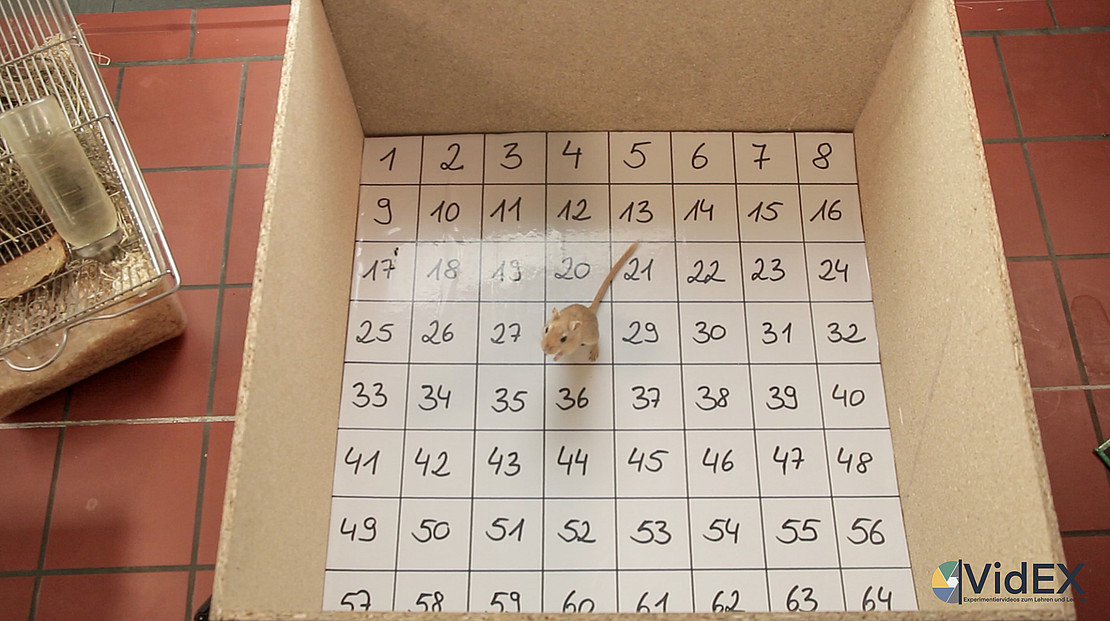This page contains automatically translated content.
Using experimental videos to make biology lessons interesting & active
 Image: Julia Heise
Image: Julia HeiseThis involves recording experiments from biology and making them freely available to teachers. "For the subjects of physics and chemistry, such formats have existed for some time, while there is still nothing comparable for biology," explains Dr. Monique Meier, research associate in the didactics of biology and head of the FLOX experimental workshop at the University of Kassel.
"As for many things these days, the corona pandemic was the reason for the project," adds Dr. Meier "Classroom teaching and also teaching to our practical courses in biology teaching is hardly possible. This is where we would like to provide support, whereby our assistance is intended to go beyond the time of the pandemic and a replacement. Thus, we would like to deliberately film experiments that are difficult to do even under normal conditions in class. For example, due to the time constraints of a lesson, the size of the group or the lack of equipment and the different prior knowledge in the class. Our students also benefit from this project." In the currently starting summer semester, VidEX is also part of courses.
Between cress seeds and house mice
In addition to classical investigations, the project also relies on animal experiments. For example, one video shows the growth of cress seeds in fast motion, while another observes the behavior of mice. In one fictitious scenario, for example, traces of a mouse are discovered in the basement. Now the students are asked to figure out how to trap the mouse. Instead of randomly setting traps, students develop guesses about the best location for a trap and can use an experimental video to verify them. The video uses an experiment to show how rodents move around the room. Students learn to make purposeful observations and evaluate data, and then learn that mice are more likely to stay on the wall because that is where they seek protection from predators.
To choose which topics to create an experimental video for, the VidEX team analyzes textbooks and works closely with teachers. "It's the feedback from people in the field that helps us make our selection," emphasizes Dr. Monique Meier. In addition to the University of Kassel, Leuphana University of Lüneburg, the University of Bremen and a marketing expert as well as some student teachers are involved in the project. The team is supported by the Joachim Herz Foundation.
The team provides insights into the production and first videos via social media channels (Facebook, Instagram). The first videos will be published soon at: https://videx-nawi.de/
Contact:
Dr. Monique Meier
University of Kassel
Department 10 - Didactics of Biology
Phone: +49 561 804 4825
Email: monique.meier@uni-kassel.de
Sebastian Mense
University of Kassel
Press and Public Relations
Phone: +49 561 804 -1961
E-mail: presse[at]uni-kassel[dot]de